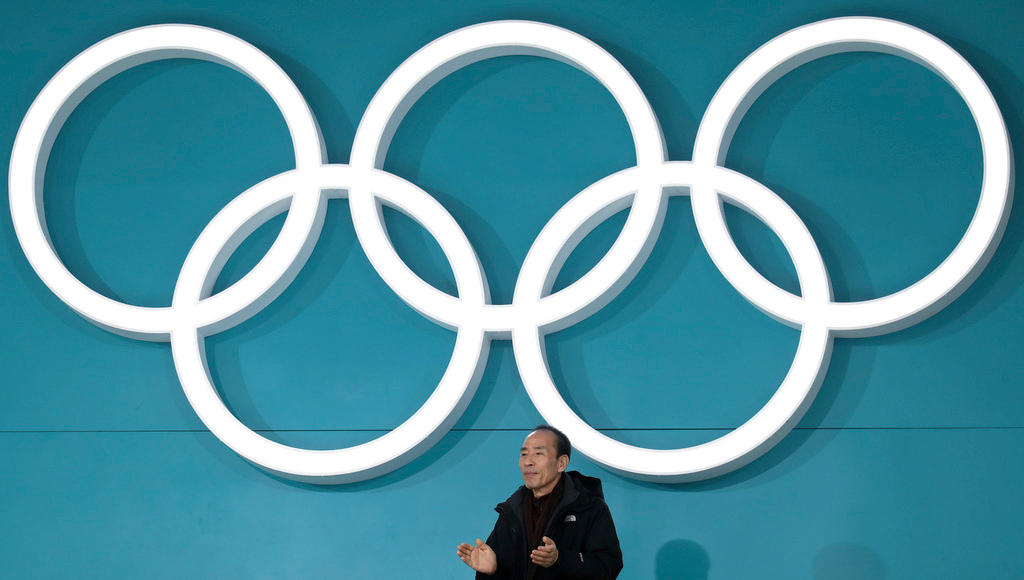
Olympic Games revenue distorts Swiss GDP

Many prestigious sports associations, including the International Olympic Committee (IOC), are based in Switzerland. According to a Sunday report by the SonntagsZeitung, their budgets are so large that they have the undesirable side-effect of producing irregularities in calculations of Swiss gross domestic product (GDP).
The IOC, based in Lausanne, estimates that the income of this year’s Winter Olympics alone will be CHF2.2 billion ($2.4 billion). The Olympic Games revenue is automatically included in Swiss GDP statistics, despite being unconnected to the actual strength of the Swiss economy, the German-language newspaper found.
Since Switzerland is also home to the headquarters of world football governing body FIFA and the Union of European Football Associations, UEFA, the situation is even more pronounced in years when events such as the Football World Cup take place, as it will this summer in Russia.
No real benefit to the Swiss economy

More
Swiss poll finds strong opposition to 2026 Winter Games
Some experts believe that this creates problems for measuring the country’s actual GDP. Yngve Abrahamsen, head of economic forecasting at the Swiss Economic Institute KOFExternal link, told the SonntagsZeitung that, “sports events such as the Olympics Games and the Football World Cup generate cash flows in Switzerland, but they don’t affect the real economy because they don’t create jobs nor do they generate extra tax revenues”. Researchers have to rely on complicated approximation methods in order to attempt to measure and rectify these ‘mistakes’ in GDP caused by big sports events, Abrahamsen said.
Figures in even years too positive
In even years, when such international sporting events do take place, Switzerland’s economic growth figures look too good to be true, according to the numbers presented in the SonntagsZeitung. In 2016, for example, when both the Olympic Summer Games as well as the European Championship in football took place, it seemed as if the Swiss economy had grown by 1.4%, when in fact it grew only by 1.1%. The opposite happened in 2017, when no sporting events took place. Growth in the country didn’t slow down to 1%, as the statistics would have suggested, but actually accelerated to 1.3% compared to 2016.
The Swiss State Secretariat for Economic Affairs (SECO) published an analysis last autumn designed to improve the interpretation of the country’s GDP statistics.

In compliance with the JTI standards
More: SWI swissinfo.ch certified by the Journalism Trust Initiative





























You can find an overview of ongoing debates with our journalists here . Please join us!
If you want to start a conversation about a topic raised in this article or want to report factual errors, email us at english@swissinfo.ch.